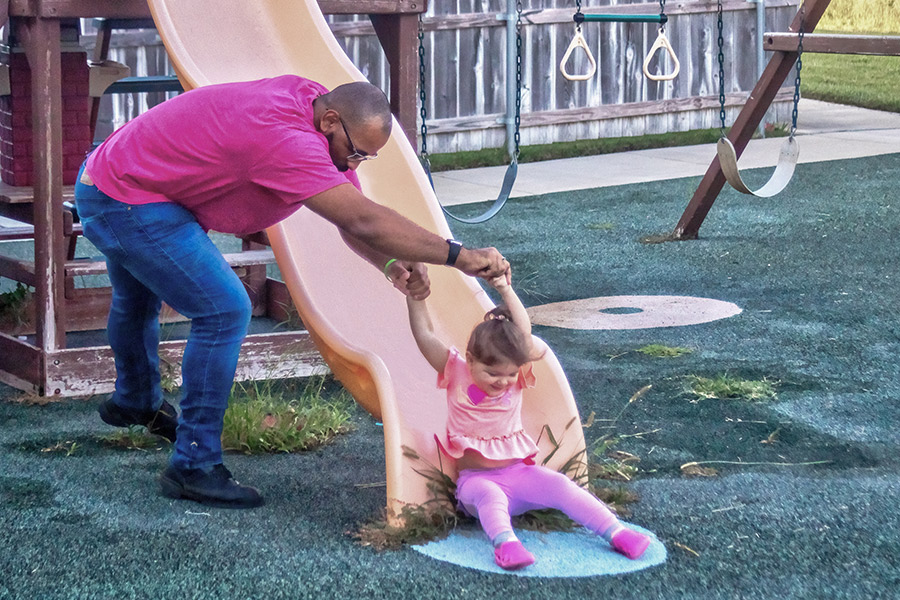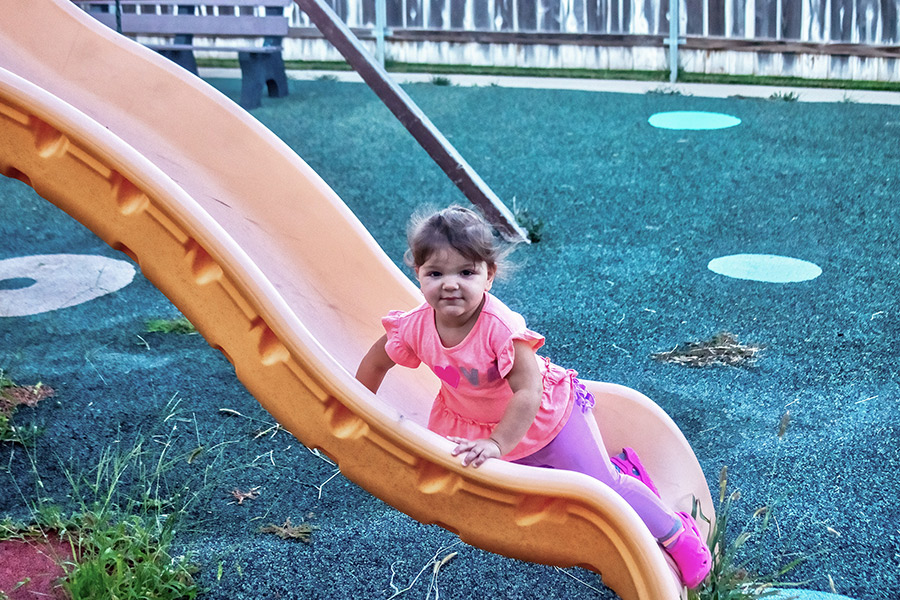Sunlight Children’s Services
Resources
Engaged and concerned community members are critical to preventing, recognizing, and reporting child abuse.
Though Sunlight’s work typically begins in conjunction with an open DCF or law enforcement investigation, here are some resources on child abuse awareness, prevention, recognition, and reporting in our communities.

Print & online resources.
Our staff is aware of many worthwhile resources—free or inexpensive—including webinars, books, websites, pamphlets, flyers, curricula, guidebooks, and other reading material. Please contact us for more information, and check our Facebook page for training opportunities.
Signs of possible child abuse
- Unexplained injuries
- Changes in behavior
- Returning to earlier behaviors
- Fear of going home
- Changes in eating
- Changes in sleeping
- Changes in school performance and attendance
- Lack of personal care or hygiene
- Risk-taking behaviors
- Inappropriate sexual behaviors
(Source: www.onewithcourage.org)
How we help in the community.

More resources.
- The National Child Traumatic Stress Network
- A valuable research-based store of information
- National Children’s Alliance
- Sunlight Child Advocacy Center is an Accredited Member
- An excellent resource on child abuse response
- Stop It Now!
- Kidsmartz
- National Human Trafficking Resource Center
- National Center for Missing and Exploited Children
- Legal Resources for Special Needs
- Teacher Resources for Special Needs
- Financial Planning for Special Needs
Bullying and Child Mandate Resources
(According to KSA 38-2223)
- Persons licensed to practice the healing arts
- Dentistry and optometry
- Persons engaged in post graduate training programs approved by the state board of healing arts
- Licensed professional or practical nurses
- Chief administrative officers of medical care facilities
- Licensed psychologists
- Licensed masters level psychologists
- Licensed clinical psychotherapists
- Licensed social workers
- Licensed marriage and family therapists
- Licensed clinical marriage and family therapists
- Licensed professional counselors
- Licensed clinical professional counselors
- Registered alcohol and drug abuse counselors
- Teachers
- School administrators
- Other employees of an educational institution which the child is attending
- Persons licensed by the secretary of health and environment to provide child care services
- The employees of persons so licensed at the place where the child care services are being provided to the child
- Firefighters
- Emergency medical services personnel
- Law enforcement officers
- Juvenile intake and assessment workers
- Court services officers and community corrections officers
- Case managers appointed under K.S.A. 23-1001 et seq., and amendments thereto
- Mediators appointed under K.S.A. 23-602, and amendments thereto
Hotline
To make a report online, visit www.dcf.ks.gov. To make a report by phone, please call 1-800-922-5330.
Sunlight is here to provide resources and facilities that support and protect abused and neglected children & their families.